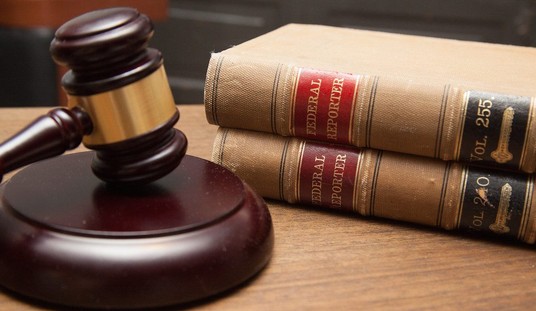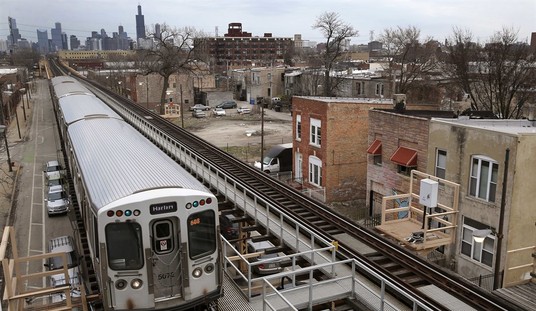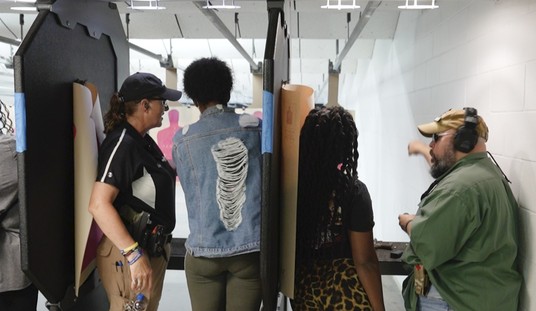
“All I want is compliance with my wishes after reasonable discussion.”
Winston Churchill (1874 – 1965)
The President stood by the window of the Oval Office staring at Marine One, a Sikorsky VH-60N helicopter, squatting patiently on the helipad. The huge dark green craft with its long drooping rotor blades was crewed by the elite members of HMX-1, better known as Marine Helicopter Squadron One. The ungainly machine was poised and ready to carry him and the First Lady to their weekend retreat. It would be a relief to get away for a few days. But there was one last piece of unfinished business before he could leave.
It had not been a particularly good week for him. His poll numbers were down and the news of the grounding of the oil tanker Sea Empress on the Welsh coast was particularly irksome as it spilled seventy thousand gallons of crude oil into the Atlantic Ocean. He looked forward to a working weekend at Camp David away from the press and the daily grind of the White House.
“Mister President,” his personal secretary stepped through the door. “The Chairman and the Secretary are here.”
“Send them in.”
The Chairman of the Joint Chiefs of Staff and the Secretary of the Army filed into the Oval Office and the President motioned them to one of the two white facing sofas across from his desk. “Charlie, Aaron, please sit.”
The President stood across from them, holding a piece of paper. He handed it to the Secretary of the Army, Charles Radcliffe, as they all sat down.
“Charlie, this letter was given to me by Congressman Williams of the Congressional Black Caucus.” The meeting would assume an informal tone, at least to start.
“He asked for a formal review and personal response from me. The Black Caucus is way up my ass on this issue and I really do not want to deal with this with the election coming up.” The President looked at both men.
General Clayton raised his eyebrows. “Issue, Mister President?” The general was in his dress green uniform with a chest full of colorful ribbons and four shiny silver stars perched proudly on each collar.
“This is a big issue for these people, Aaron,” replied the President pointing to the letter. “Do you know there was not a single Medal of Honor awarded to a black serviceman in World War II? There were four hundred and thirty two of them presented in that war and not a single one to an African-American!” He paused. “I did my homework.” The President stood up and walked to his desk. He picked up a small black cloth covered metal case about the size of an envelope and placed it on the glass coffee table between the two couches. “Open it, Aaron.”
Clayton reached down and flipped open the lid revealing a Medal of Honor. He carefully lifted the Medal by the dark blue eight-sided pad, adorned with thirteen small white stars. It was a tremendous honor to hold it, even for a moment. All three men stared intently at it. It was the Air Force version, the largest of all the services, featuring the head of the Statue of Liberty in the center.
The Chairman was again the first to speak. “As you know, Mister President, this Medal is sacred to everyone in the military. Officers of every rank salute the bearer. Most of the roughly thirty-four hundred Medals awarded were done posthumously.”
“But none to African-Americans, dead or alive,” responded the President.
“Mister President,” Secretary Radcliffe chimed in, “As you know there have been Medals of Honor awarded to black Americans in the Civil War, World War I, Korea, Vietnam…”
“But none to the black servicemen of World War II, Charlie,” the President interrupted. “And the World War I Medal was just awarded a few years ago to, what was his name…Stover?”
“That would be Corporal Freddie Stowers, sir,” General Clayton corrected, “in 1991. President Bush presented that Medal to his surviving sisters.”
“Right,” said the President with an edge in his voice. “Imagine that! A Republican president remedied that injustice and it was over seventy years after the fact. So tell me why we can’t fix this World War II problem?”
Radcliffe handed the letter to General Clayton and continued, “We’ve been reviewing this, sir. We have a study team already in place doing the research and combing the National Archives but it’s a delicate and difficult issue. There were few black combat troops in that war and therefore, fewer opportunities.”
“Fewer, perhaps,” the President again interrupted, “but I cannot accept the suggestion there were none!”
“But we all know there was a good deal of institutional racism in the military back then,” Radcliffe continued ignoring the interruption. “So I’m sure there were some acts of valor that were, shall we say, intentionally overlooked.”
“Like that one?” the President asked pointing to the letter.
“Sir, we don’t know if this letter is accurate,” said a skeptical General Clayton after reading it. “There were no black GIs in the paratroopers and the Eighty-second Airborne wasn’t even at Bastogne. This letter was written by the granddaughter of a black soldier who supposedly participated in this action.” General Clayton shook his head negatively. “The battle history and the facts don’t support this claim. It simply cannot be accurate.”
The room fell silent for a moment while the President stood, walked to his desk and sat down behind it. He had thought this through. He was about to order a delicate maneuver that had to be done perfectly. If he was successful, he could lock up the African-American vote for the Democratic Party for years to come. The rest of the discussion would be more formal.
“Mister Secretary…General…here is what I need you to do,” the President began while he ran a hand through his thick gray hair. “It is my fervent belief there has been a great injustice done to black American servicemen during World War II. I want you to rectify those injustices.”
“Yes sir, Mister President,” Radcliffe replied.
“Continue with whatever you’ve been working on but the process must withstand the greatest scrutiny. The last thing I want is to be accused of doing this for political reasons. Is that clear?”
“Yes sir,” both men responded.
“Therefore, I would like your recommendations. As long as I can demonstrate the awards are deserved.” The President stood up, signaling the end of the meeting.
“Understood, Mister President,” General Clayton replied. The Secretary and the General stood up to leave. The general placed the Medal back in its case and handed it back to the President along with the letter.
The President smiled slightly. “It’s important to do this thing right, gentlemen. Find a way!” He handed the letter back to the general. “Start with this!”
“Yes sir,” said Radcliffe. “We’ll get it done right, sir.”
The two men made their way toward the door.
“One more thing,” called out the President.
“Sir?”
“When President Bush awarded that Medal of Honor, it was to surviving relatives. When you complete your work I don’t want to be handing out Medals to someone’s son or daughter because their father or grandfather died getting the damn thing…or because they survived the war but didn’t live long enough to accept it. That is not exactly the front page photo I’m looking for,” the President said tapping the case on his desk.
“Sir?” asked Secretary Radcliffe.
“Find me a live one!”








Join the conversation as a VIP Member